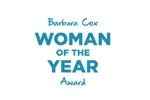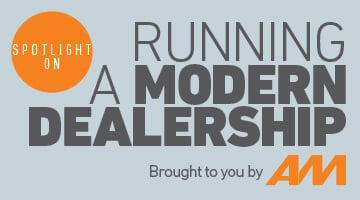More than a third (34%) of dealers are stocking more economical cars to meet the needs of buyers during the cost of living crisis.
A further 33% are stocking cars that cost less to buy or lease, while 20% are retailing smaller cars. The findings come from February’s Startline Used Car Tracker.
Paul Burgess (pictured), CEO at Startline Motor Finance, said: “The cost of living crisis has now been visible in the used car market for probably around a year and it is interesting to see the changes that it has brought about.
“To some extent, these findings are unsurprising. Consumers are justifiably concerned about the costs of buying cars and keeping them on the road, and large numbers of dealers are reacting to these needs by changing their stocking mix accordingly to offer cars that take account of these needs and preferences.
“What is perhaps more noteworthy is that very few car retailers seem to have re-examined their wider proposition. Confidence is a huge part of buying a used car, especially when personal finances are under pressure, and actions such as putting more effort into online presentation and increasing standard warranties could have a real impact.”
When it comes to changing consumer behaviour, 17% of dealers say consumers are negotiating more over pricing, 11% spending more time over car buying decisions, and 7% of car buyers expect a higher part exchange offer.
The Startline Used Car Tracker suggests stock supply is again becoming more of a concern for dealers. When asked about the biggest challenges facing their business, 75% cited the availability of used cars - up 10 percentage points on January. Also, there is growing worry over the industry’s changeover to electrification – up from 58% last month to 64% now.
Burgess said: “For every comment or story that we hear about stock supply improving, there seems to be another saying it is worsening, and any noticeable improvement seems as distant as ever. Of course, this is leading to an ongoing ageing of the used car parc and dealers are faced with having to buy and retail ever older cars, which is a definite issue.
“Concerns about electrification are very present at the moment both in the media and in everyday conversations. It is difficult to say whether this is just a bump in the road as we move towards an EV-dominated future, or whether we are seeing something more serious in terms of dealers and consumers showing resistance to the new technology.”
There are also some indications that while dealer sentiment about the used car market is not becoming more positive, the mood seems to have at least largely stabilised. The percentage of dealers who said they are pessimistic has fallen from 42% to 37%, while those who are optimistic fell from 11% to 8%. Those whose mood is unchanged is up from 47% to 55%.
Auto Trader has diagnosed the used car retail sector with “robust health” after reporting a 0.7% rise in the average value of a vehicle during February trading.
The average value of a used car advertised on the car marketplace is up 1.7% year-on-year at £17,880 on a like-for-like basis, according to its data, although the rate of growth is significantly down from the massive 31.9% YoY increase recorded this time last year.
According to Auto Trader the balance of supply and demand continues to drive stable pricing trends as demand remained strong among consumers, with a record 80 million visits to its marketplace during January alone – nearly 10 million more than the prior year.















Login to comment
Comments
No comments have been made yet.